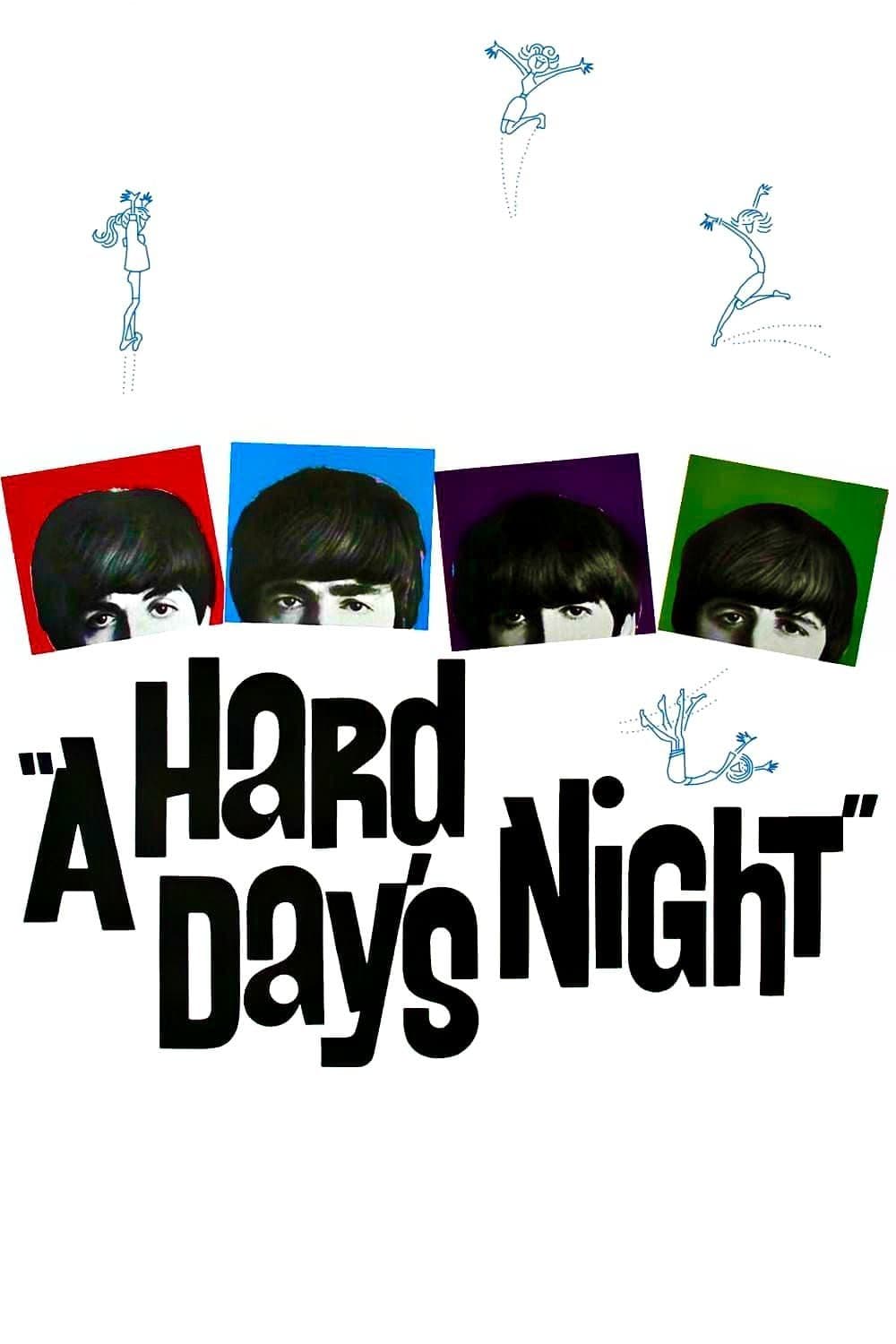
A Hard Day's Night
1964
Rate this movie
Average: 0.00 / 5
(0 votes)
Director
Richard Lester spies on the Beatles during a typical working day for the Liverpool quartet. But his is not a mere furtive glance; it is rather an acute and penetrating investigation, an almost anthropological immersion into the disarming frenzy of Beatlemania, transfigured into a cinematic language that was nothing short of revolutionary at the time. Lester, with his experience in advertising and experimental short films, orchestrates a flow of images and sounds that seems to anticipate the aesthetic of the music video decades before its birth. He adopts a playful vérité style, characterized by handheld camera work, rapid cuts, audacious jump cuts, and almost surrealist sequences that break narrative linearity, reflecting the chaotic and often absurd nature of life under the global spotlight. In this sense, the film does not merely document; it deconstructs and reconstructs reality, elevating itself to a kind of mockumentary ante litteram, where spontaneity is skillfully scripted and truth emerges through play.
Weaving together this audacious project is Alun Owen's volcanic screenplay, which introduces, alongside the four musicians, characters who seem straight out of a creepy comic book: Paul's grandfather with his slimy attitude towards the fair sex, Norm and Shake, two bewildered promoters of the band, and the psychopathic TV program director. Owen's pen is a marvel of British wit, imbued with a humor that ranges from non-sense to social satire. Every line of dialogue is sharp, every punchline a rapier thrust that defines not only the individual Beatles with their distinct personalities – John's sly cynicism, George's thoughtful melancholy, Ringo's good-natured cheerfulness, Paul's irreverence – but also the world of madness surrounding them. Paul's grandfather, an archetype of the manipulative parasite, serves as a catalyst for narrative anarchy, a dysfunctional Virgil in a purgatory of commitments and absurdities. Norm and Shake are modern Sisyphuses, constantly pushing a boulder of uncontrollable popularity, embodying the logistical and often exhausting aspect of fame. The TV director, a monument to pomposity and incompetence, is the personification of the establishment vainly trying to rein in the vital and rebellious force of youth. These characters, with their almost grotesque stylization, serve not only as a comedic counterpoint but also as a distorting mirror of a society struggling to understand, and contain, the cultural deflagration that the Beatles represented.
The film is a long, oblique tribute to the Beatles' music, to their greatness. It is oblique because it does not dwell on the performance itself with reverential captions, but integrates the songs – true gems of their early creative phase – as narrative building blocks, expressions of moods, or liberating outlets from the prison of celebrity. Consider the iconic sequence of "Can't Buy Me Love," where the four run and jump in a field, a moment of pure and liberating joy that transcends the narrative to become a visual sublimation of their energy. The album A Hard Day's Night, released as the film's soundtrack, is an integral part of the experience, not a mere accessory, but rather a sonic compendium that amplifies and contextualizes the visual narrative, cementing the idea that their music was intrinsically linked to their persons and their lifestyle.
Ennobled by the performance of the four baronets, who appear at ease in front of a camera, the work perhaps transcends its ungrateful didactic task to achieve a far more ambitious goal: to grasp the artistic secret of a group that forever revolutionized the history of music. They do not "act" in the traditional sense; rather, they are themselves, or rather, an amplified and brilliantly self-ironic version of their public personas. Their naturalness and innate charisma are palpable, and Lester manages to capture that unique chemistry that made them not only brilliant musicians but also iconic and irresistibly likable figures. The film does not seek to didactically explain their greatness; instead, it shows it, makes it live through their interaction, their spontaneous humor, their ability to maintain a spark of normality and rebellion despite being at the center of a media cyclone. This film thus becomes a phenomenological exploration of celebrity: how it imprisons, isolates, but also how it can be subverted by genuineness and biting intelligence. It is a testament to how, despite the artifice of show business, the Beatles managed to maintain a disarming authenticity, transforming their daily circus into a work of art.
All this is delivered with a comedy of gentle tones and piquant irony. The humor, never vulgar, is imbued with that typically British lightness and sharpness that allows for addressing complex themes such as the loss of privacy, media pressure, and the alienation of fame with a bitter but contagious smile. Beneath the surface of the gags and the frantic pace, lies a latent melancholy, the awareness of the price to pay for being idols of a generation. Yet, the film never indulges in pathos, always preferring irreverence and vitality.
Undoubtedly an enjoyable and artistically very important work, also for its Beatlesque iconographic legacy. Its importance transcends the mere historical representation of Beatlemania; it stands as a pillar of modern cinema, a seminal influence for countless directors and for the entire aesthetic of music videos. It is the first film to capture the essence of a band at the peak of its creative power, to encapsulate the zeitgeist of the early sixties, and to show how pop culture could be as intellectually stimulating as it was immensely popular. A Hard Day's Night is not just a film about the Beatles; it is a film of the Beatles, in the sense that it embodies their irreverent and innovative spirit, solidifying their status not only as musicians but as true cultural phenomena. Its legacy is visible everywhere, from subsequent rock films to the way music is integrated into cinematic storytelling, making it a timeless classic and an invaluable document of an unrepeatable era.
Country
Gallery
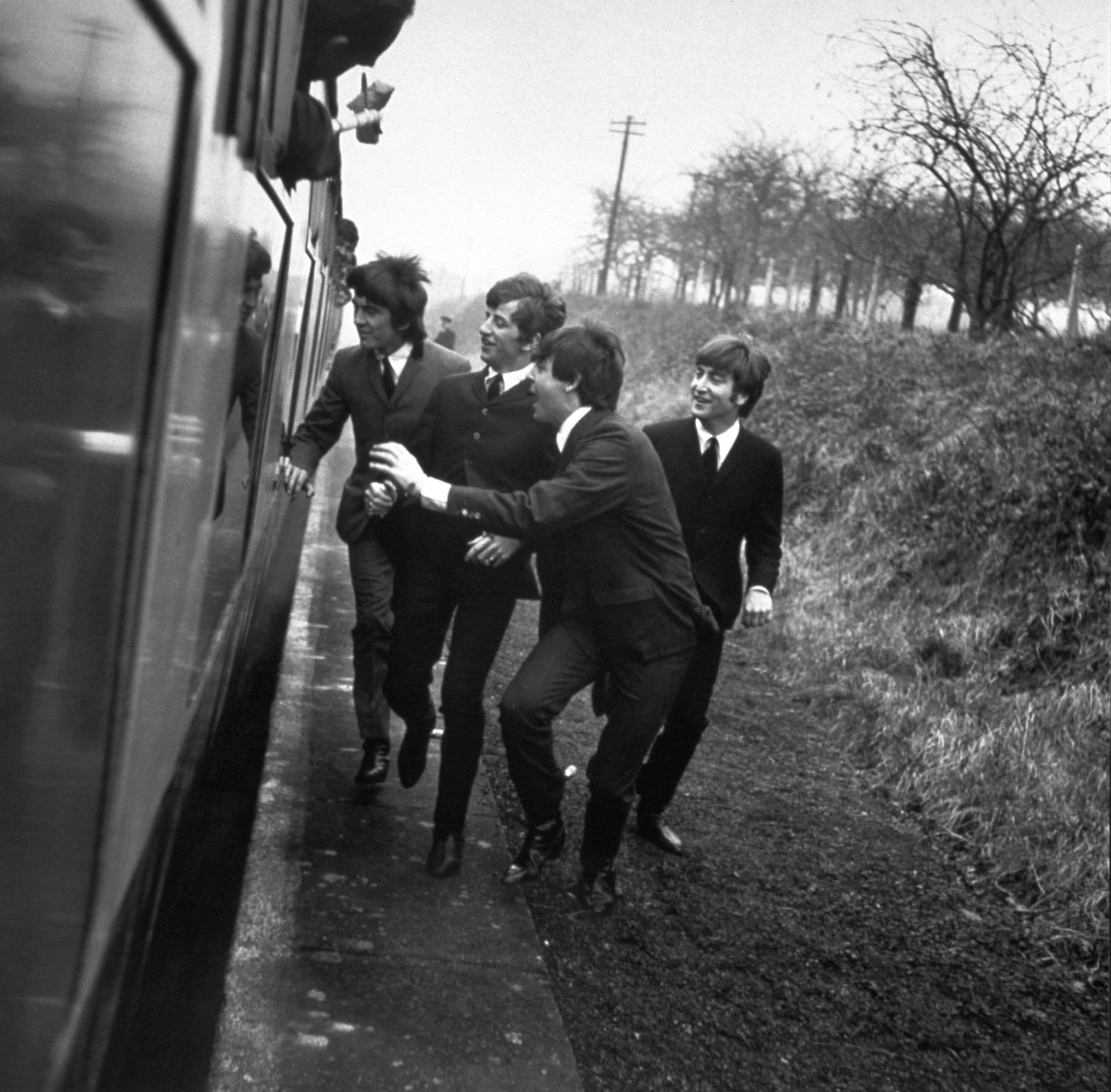
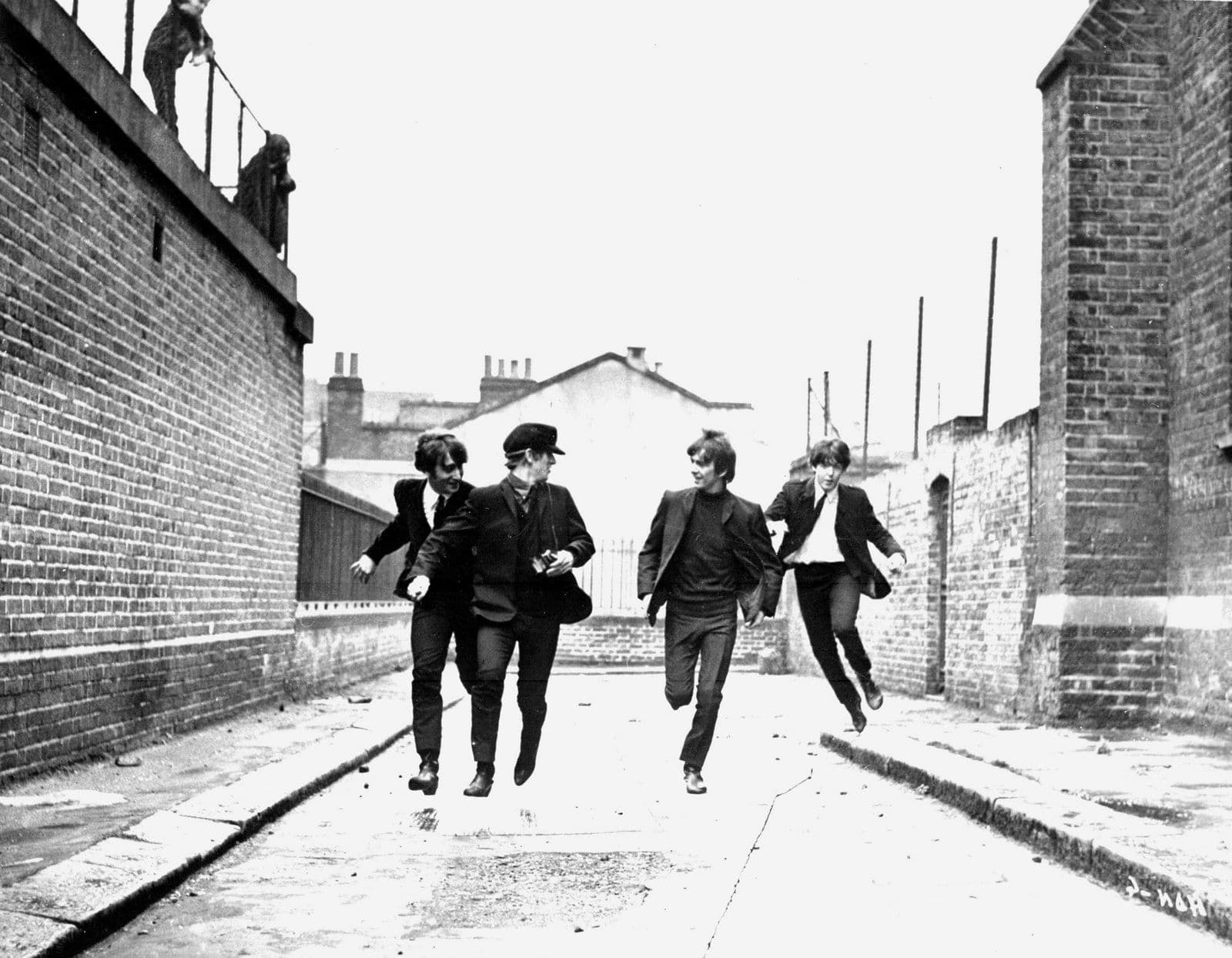

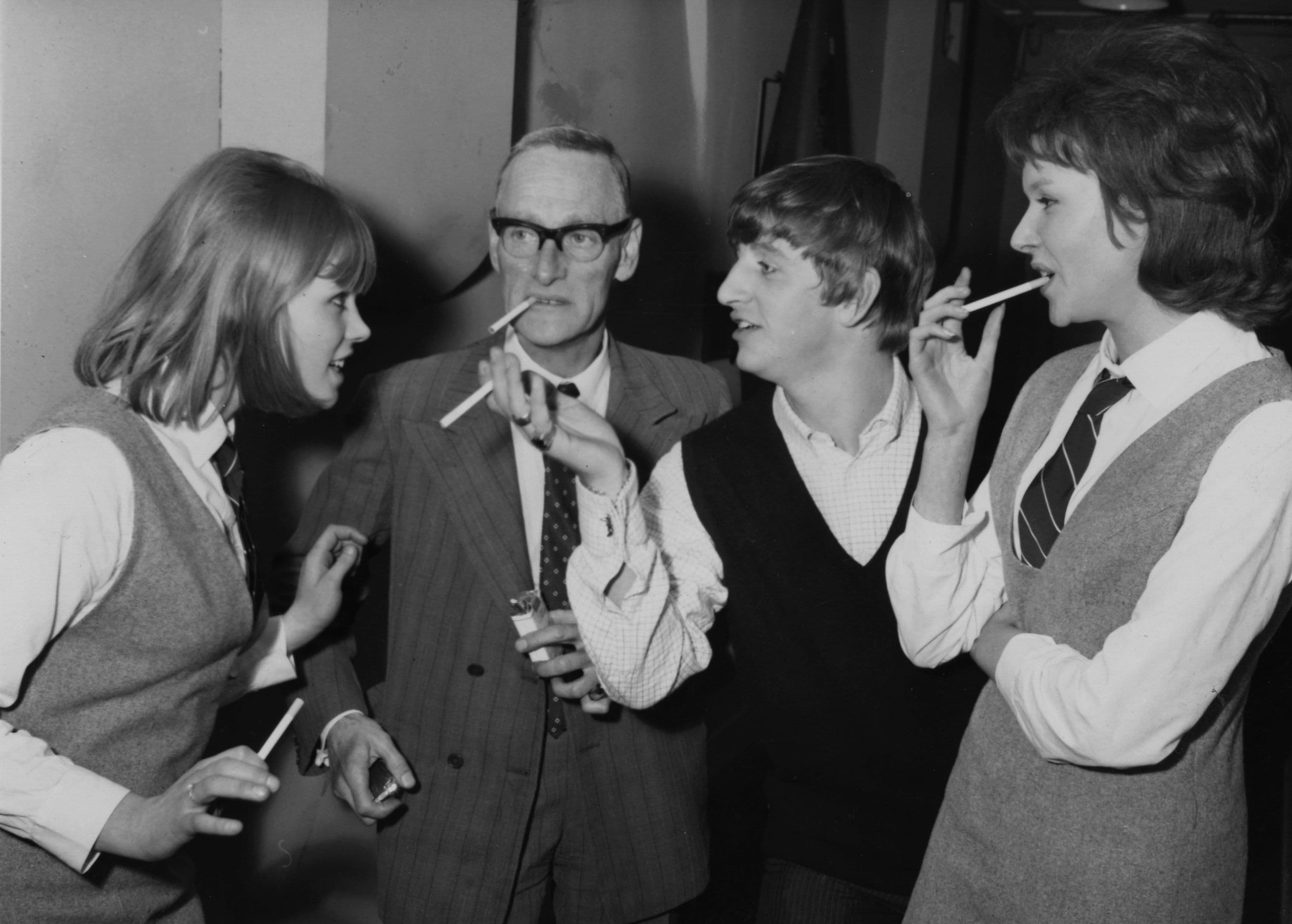
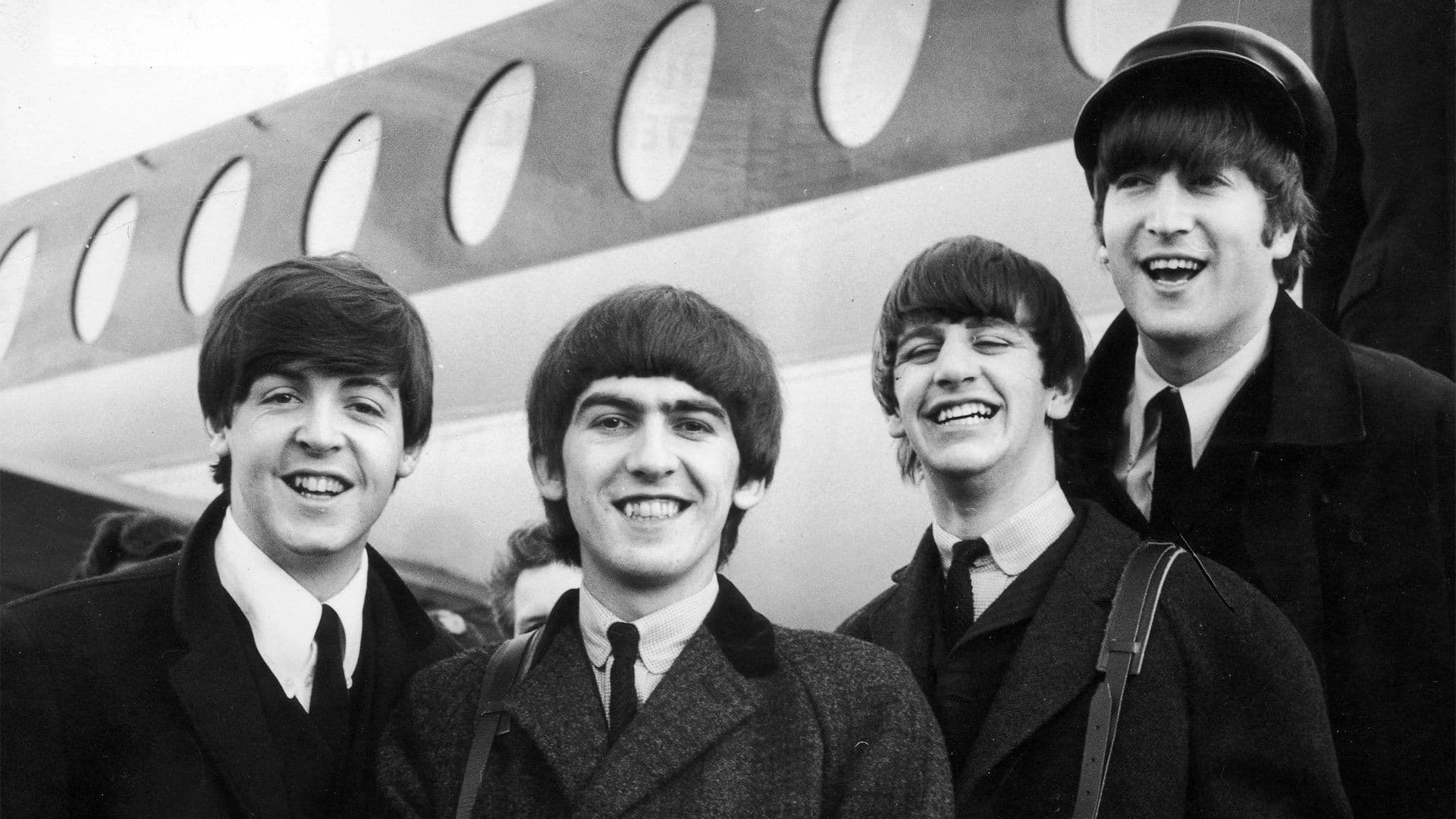
Featured Videos
Official Trailer
Comments
Loading comments...